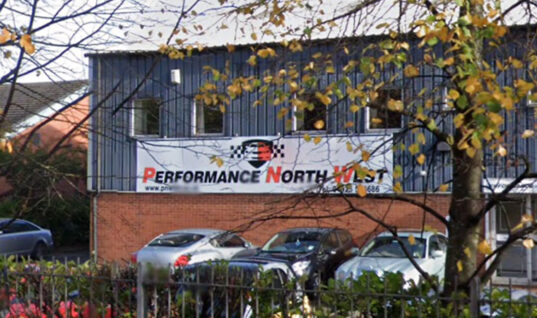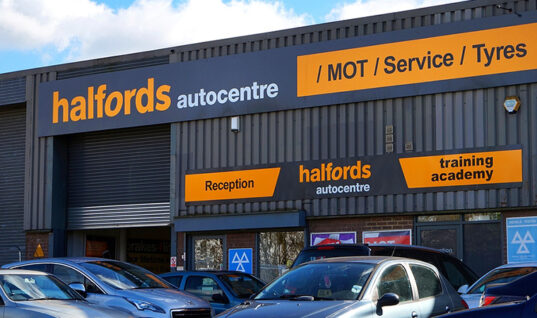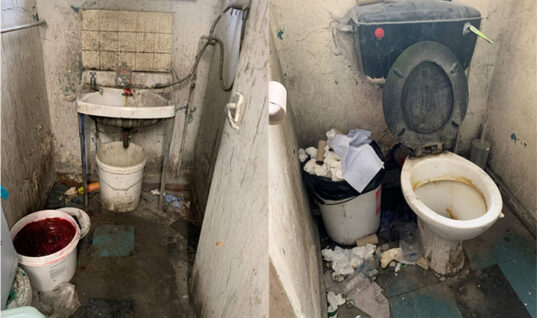A review of vehicles for sale on a popular second-hand car website has revealed that 16,703 have a “hidden past”, with issues including clocked odometers to dangerous write-offs sold without disclosure.
The investigation, carried out by Vcheck for the MailOnline and This is Money, found that over 4,000 vehicles on sale on the site were obtained from salvage yards as write-offs.
The examples were matched against their vehicle identification number from salvage records and are now being marketed as “clean examples”, having passed checks against the Motor Insurance Anti-Fraud and Theft Register (MIAFTR), which is supposed to outline if cars have previously been written off.
Related: Mechanic crashes friend’s Corsa on test drive after fixing brakes
However, the researchers say many vehicles are slipping through the system and sellers are demanding prices that would suggest to an unwitting consumer that the cars haven’t previously been written off.
Examples of ‘clean’ cars currently for sale on the website have been matched with images of the same car in a salvage yard after sustaining crash damage.
None had any information in their adverts to suggest they were subject to an insurance write off or previous accident damage.
It is illegal to sell a vehicle that’s knowingly been written off, and is against consumer law to hide any information about the damage when advertising for sale.
Insurance write-off categories
Up to 1 October 2017, the four categories included A, B, C, D, whereby the level of damage would decrease in severity by category, starting from A.
Following a review, write-offs are now categorised as A, B, S and N.
Category A cars should be crushed and never re-appear on the road – even salvageable parts must be destroyed.
For category B write-offs, the body shell should be crushed but some parts are salvageable.
Category S means the vehicle has suffered structural damage and should be professionally repaired before being safe to drive.
Category N mean the vehicle has non-structural faults, such as faulty brakes, steering or other safety-related parts.
Adrian Mierzwinski, founder of Vcheck and a safety campaigner, said: “I felt compelled to start Vcheck after buying my own car in good faith which passed all the provenance checks I’d paid for without issue or detection.
“In reality, the car was a write-off, unsafe and should never have been allowed to be re-sold.
“This is happening all over the country, and thousands of cars are being sold with clean vehicle reports and driven by motorists who are completely unaware that they could be at the wheel of a car with a hidden past.
Related: 18-year-old attempts to carry on driving with front door lodged in roof after crashing
“It could have been written off in an accident, done three times the amount of mileage that they believe to be true, or in the worst-case scenario, be a potential death trap.”
Mr Mierzwinski is calling for the law to be changed so that it is a mandatory requirement for insurance firms to add all write-off records to the Motor Insurance Anti-Fraud and Theft Register and ensure the database is updated regularly.
He added: “This is the only way that when a potential buyer pays to carry out a comprehensive vehicle check, they can be confident that they are getting the car that they are paying for and that it is safe to drive and roadworthy.”
Have you found evidence on a customer’s vehicle that it was previously written-off, unbeknown to them? Share your comments and experiences below.








Home Page › Forums › Thousands of cars for sale online with ‘hidden past’, investigation reveals
Tagged: Cars bang m-h-m tw@tter